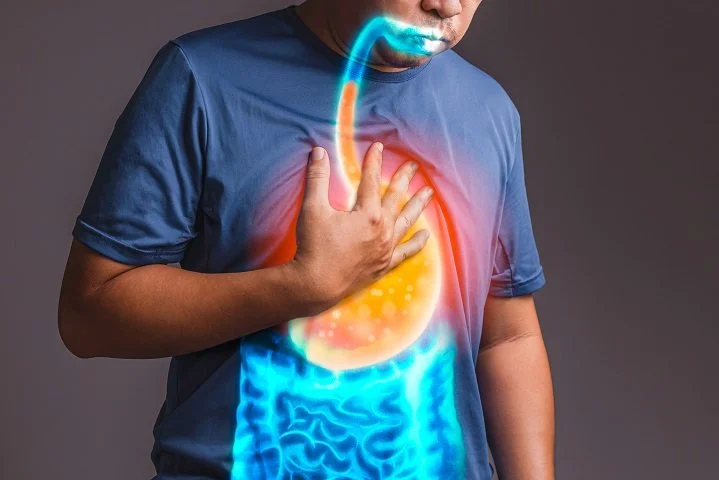What Are The Risk Factors For Liver & How To Prevent Them?
The liver, a powerhouse organ, plays a crucial role in maintaining our overall health. Often, we overlook its importance until a problem arises. This vital organ is involved in numerous functions, from detoxifying the body to aiding in digestion. However, it's vulnerable to a range of risk factors that can severely impact its health. Understanding these risks and adopting preventive measures can significantly reduce the chances of liver-related issues. Later in this introduction, we'll discuss how a gastroenterologist in OKC can be instrumental in guiding you through liver health maintenance.
Key Liver Risk Factors
Alcohol and Liver Damage: Heavy consumption of alcohol can lead to severe liver conditions, including cirrhosis.
Obesity's Impact: Excess body weight increases the risk of nonalcoholic fatty liver disease.
Diabetes Link: Type 2 diabetes can exacerbate liver conditions, making management crucial.
Tattoos and Piercings: According to expert gastroenterologists, unsterilized equipment can transmit infections affecting the liver.
Dangers of Shared Needles: Using shared needles is a high-risk factor for contracting hepatitis, which can severely damage the liver.
Old Blood Transfusions: Receiving a blood transfusion before 1992 might increase the risk of certain liver diseases due to less stringent screening processes at the time.
Exposure to Bodily Fluids: Coming into contact with other people's blood and body fluids can transmit liver-affecting viruses.
Risks of Unprotected Intimacy: Engaging in unprotected sexual activities can lead to liver-compromising infections.
Chemical and Toxin Exposure: Regular exposure to harmful chemicals or toxins can lead to liver damage over time.
Genetic Predisposition: A family history of liver disease can increase your risk, highlighting the importance of regular check-ups.
A Serious Concern with Liver Complications
Liver problems can lead to a host of complications, including liver failure, which requires immediate medical attention. Regular consultations with a gastroenterologist can help in early detection and management of these complications.
Prevention Tips from a Gastroenterologist
Moderate Alcohol Consumption for Liver Health
Alcohol moderation is essential for liver health. Excessive drinking can cause conditions like fatty liver and cirrhosis. Reducing alcohol intake significantly decreases liver complications.
Safe Practices to Protect the Liver
Practicing safe body modifications and sexual behaviors is crucial. Unsafe practices can expose you to hepatitis, severely impacting liver health.
Vaccination Is A Liver Health Essential
Vaccinations, particularly against hepatitis, are vital for liver protection. They are crucial for individuals at higher risk of exposure.
Medication Wisdom
Certain medications can harm the liver. It's important to use liver-friendly medications and consult with healthcare professionals to avoid hepatotoxic effects.
Bodily Fluid Caution
Avoiding contact with others' blood and body fluids is key to preventing liver infections like hepatitis.
Safe Food Practices
Proper handling, cooking and storing of food prevent liver diseases. A healthy diet supports liver health.
Aerosol Spray Care
Using aerosol sprays in well-ventilated areas and wearing protective gear minimizes liver harm. Consult experienced GI doctors for more information.
Skin Protection
Minimizing skin contact with harmful substances protects the liver. Wearing protective clothing during exposure is effective.
Weight Management for Liver Health
Maintaining a healthy weight prevents nonalcoholic fatty liver disease. A balanced diet and regular exercise are crucial.
Conclusion and Next Steps
Safeguarding liver health involves a combination of moderate alcohol consumption, safe lifestyle practices, vaccinations, careful medication use and preventative measures against exposure to harmful substances. Emphasizing these strategies can significantly reduce the risk of liver disease. For personalized guidance and expert care in managing your liver health, consider consulting with a gastroenterologist in OKC. At Digestive Disease Specialists, Inc., we're committed to providing comprehensive care tailored to your unique needs, ensuring your liver remains healthy and functioning optimally.
**Disclaimer: This blog content does not offer a doctor's advice and creates no relationship between any patient and care provider.

